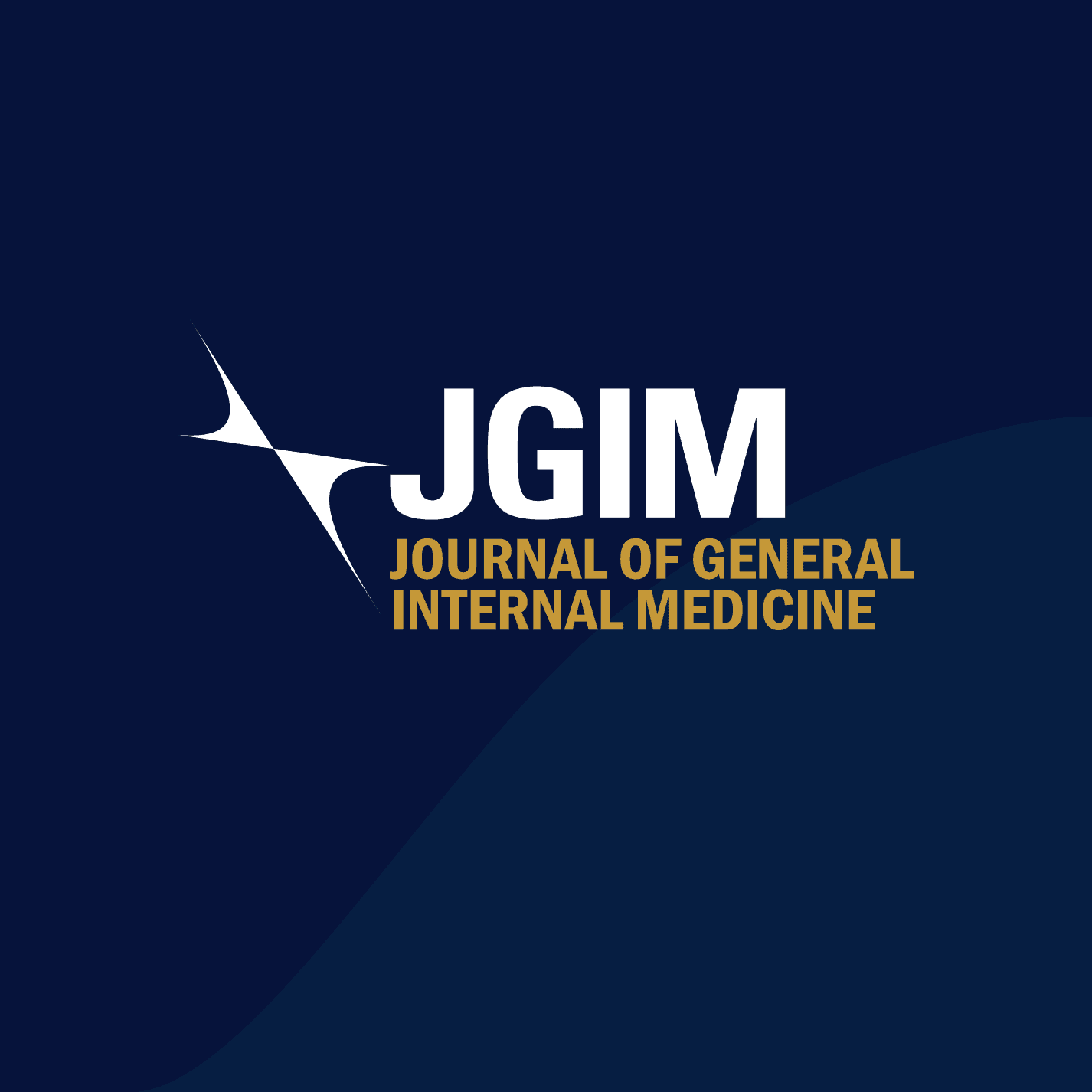Abstract
Background
Despite greater care needs, patients with limited English proficiency (LEP) are less likely to use telemedicine. Given the expansion of telemedicine since the COVID-19 pandemic, identifying ways to narrow the telemedicine care gaps experienced by people with LEP is essential.
Objective
Examine the telemedicine experiences of Mandarin-speaking adults with LEP, with a focus on perceived differences between in-person care, video, and telephone telemedicine.
Participants
Random sample of Kaiser Permanente Northern California (KPNC) members who completed at least one primary care telemedicine visit in August 2021, aged 40 years or older, and had electronic health record-documented need for a Mandarin interpreter. The sample was stratified by telemedicine visit type (video or phone).
Approach
Semi-structured Mandarin-language telephone interviews with a bilingual and bicultural research assistant collected patient experiences with telemedicine in general and telemedicine visits assisted by interpreters. Two coders used rapid qualitative analytic techniques to capture themes.
Key Results
Among 20 respondents (n = 12, 60% women) age 41–81, all had prior experience with telephone visits and 17 (85%) had experience with video visits. Patients reported three major themes: (1) communication, language skills, and how patience impacts care quality; (2) the importance of matching patient preferences on communication modality; and (3) the need for comprehensive language services throughout the continuum of healthcare delivery.
Conclusion
Mandarin-speaking adults with LEP see telemedicine as a convenient and necessary service. Issues with healthcare providers’ and interpreters’ communication skills and impatience were common. The lack of wrap-around language-concordant care beyond the visit itself was cited as an ongoing and unaddressed care barrier. Healthcare provider and interpreter training is important, as is availability of personalized and comprehensive language services in promoting patient autonomy, alleviating the burden on patients’ families, and thus ensuring equitable healthcare access.
Topic
JGIM
Author Descriptions
Kaiser Permanente Northern California Division of Research, Pleasanton, CA, USA
Michael Zheng MS, Jie Huang PhD, Andrea Millman MA, Anjali Gopalan MD & Mary Reed DrPH
University of Illinois at Chicago Department of Psychology, Chicago, IL, USA
Loretta Hsueh PhD
University of California at Riverside School of Medicine, Riverside, CA, USA
Reysha Patel BA
The Permanente Medical Group, Oakland, CA, USA
Silvia Teran MD & Rahul Parikh MD
Share
Related Articles
Perspectives of In-Hospital Intramuscular Naltrexone and Oral Medications for Alcohol Use Disorder: A Study of Addiction Clinicians and Hospitalized Patients
Abstract Background Alcohol-related hospitalizations are rising; however, medications for alcohol use disorder…
Beyond Workarounds: Enhancing Education, Care, and Wellness on Inpatient Medicine Rotations—A Multicenter Qualitative Study
Abstract Background Inpatient medicine rotations (IMRs) aim to deliver exceptional clinical education…


